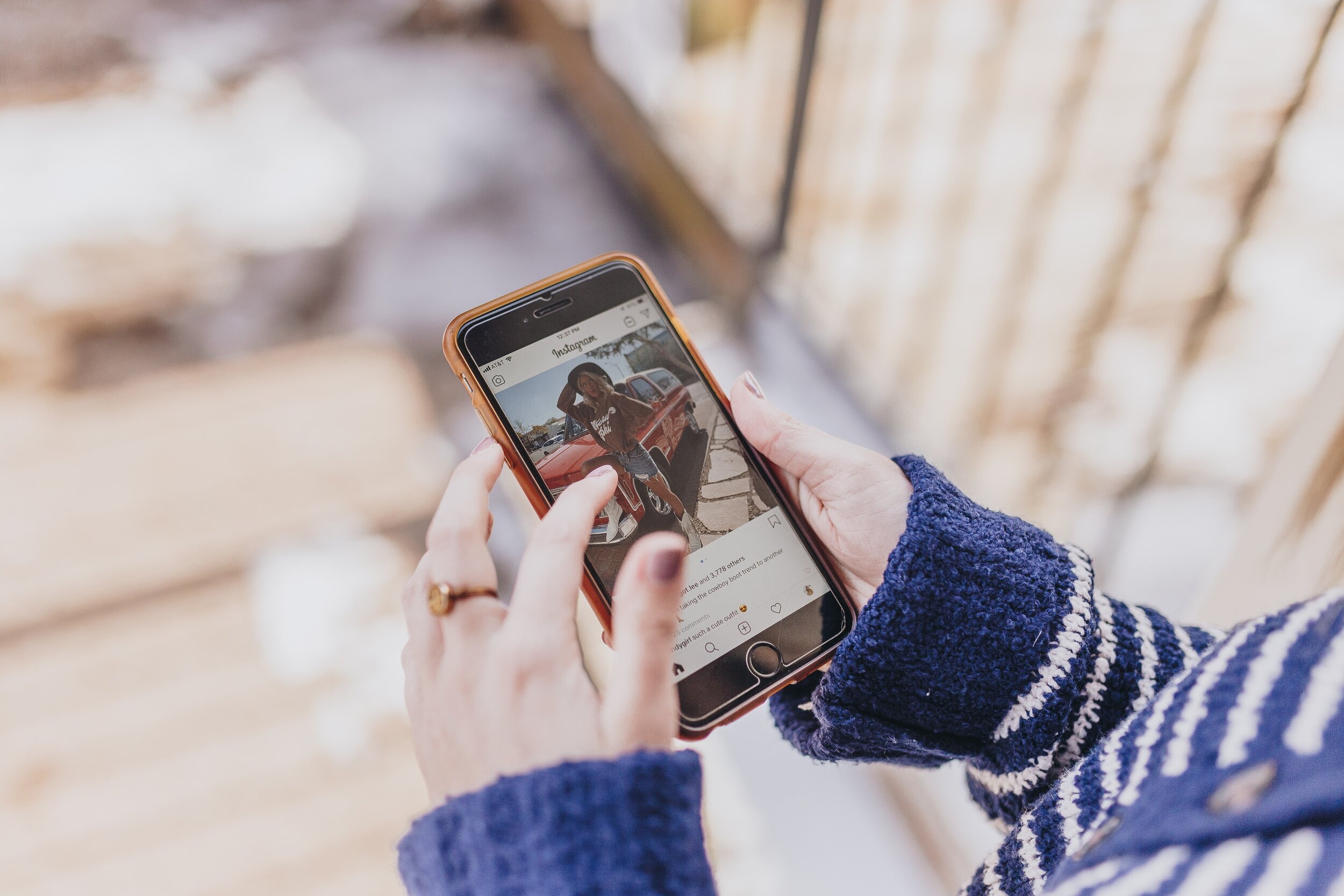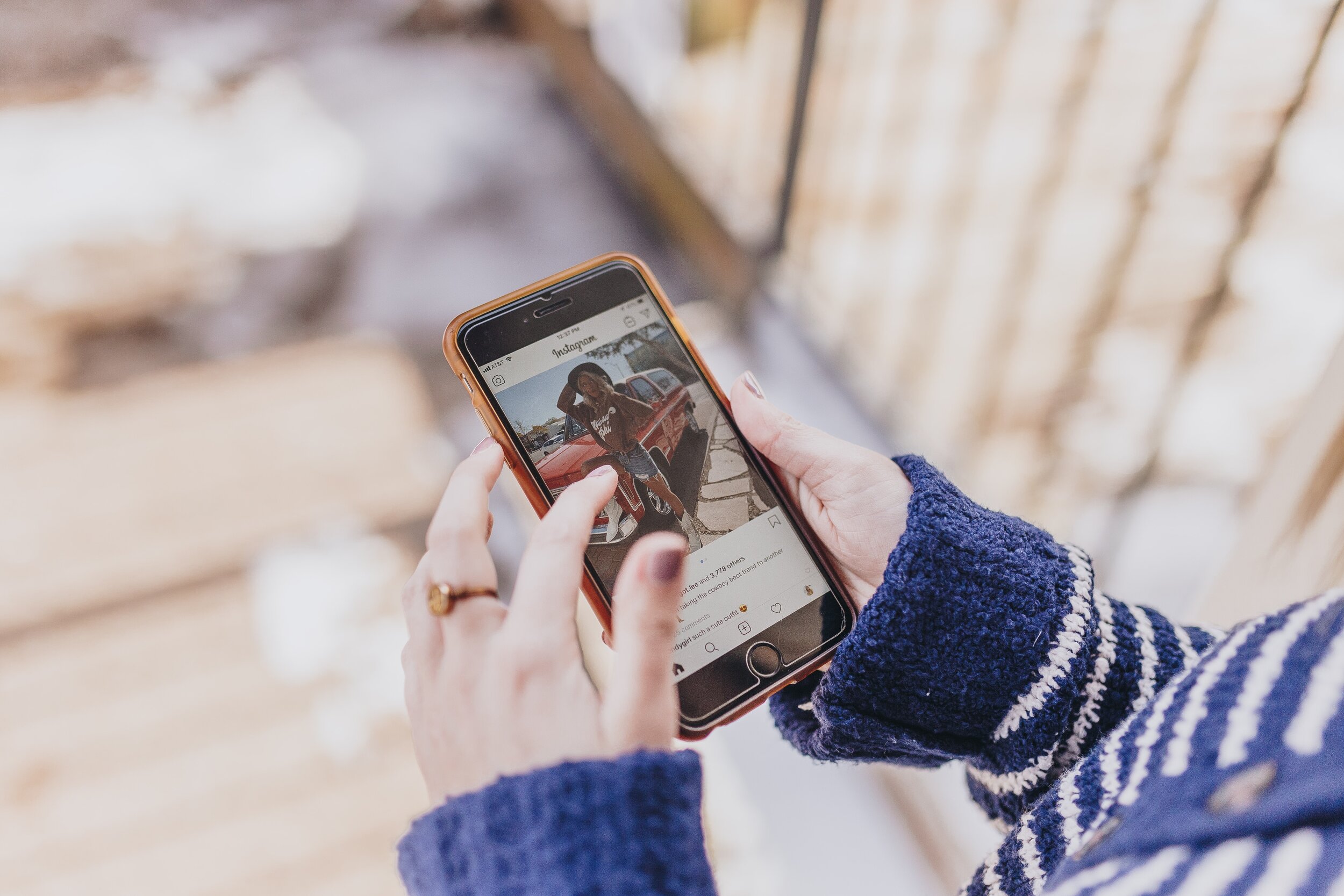As protestors continue to take to the streets across the country, highlighting ongoing systemic racism, social media amplifies these messages. Videos and photos depicting police violence toward protestors such as shooting them with rubber bullets, driving cruisers into crowds, and throwing tear gas at protestors can be viewed daily, across social media platforms.
According to research, while social media highlights racism and aims to bolster efforts in fighting it, the explosion of content can also cause and reinforce trauma, especially for black people (SAMHSA, 2014). Trauma and the possibility of developing symptoms of PTSD can occur due to the accumulation of experiences of racism and discrimination, even through the lens of social media.
The Research
Spruill and colleagues (2019) found that chronic stress was a common factor amongst black women diagnosed with high blood pressure. The majority of participants in this study reported that racism was the most consistent and largest stressor in their life! Another study in 2019 reported that black women in California who gave birth in areas where police killed unarmed black individuals, were more likely to have babies with lower birth weights (Legewie, 2019). These experiences lead to the development of chronic stress amongst BIPOC communities. Photographs, videos, and posts related to stress individuals may experience, across social media, is a reminder of discrimination regularly dealt with and this may not be a good thing at times.
How Does This Play Out Across Social Media
Whether one has personally experienced police brutality or gun violence themselves, ongoing images of these events can lead to a trauma or stress response. There is still a level of connection that occurs when seeing someone hurt, or witnessing an injustice occur. Individuals feel connected in these situations.
In viewing content that individuals share related to police brutality, for example, viewers can connect to these events as something that could happen to people in their lives. This content can also bring up negative feelings around death, fear, anger, hopelessness, dying, and sadness. All of which can lead to the development of mental health concerns such as anxiety, depression, and PTSD.
For those who have already experienced traumatic events, viewing images can lead to more intense traumatic responses that relate to situations they may have encountered in the past. For example, for someone who has experienced racism personally, viewing similar situations may lead to the individual reliving that trauma again.
Generational Trauma & Social Media
Generational trauma also impacts one’s response to other traumatic events. Generations above us may share their own experiences of racism and police brutality to prepare younger generations for survival. Whether another generation experiences these things or not, these stories are passed down as a way to understand and survive; at the same time, these stories can lead to experiencing trauma responses. Watching or hearing others experience the traumas that one has endured or their family has endured, exacerbates feelings of chronic stress and symptoms of trauma.
Posttraumatic Stress Disorder & Social Media
PTSD is a clinical mental health diagnosis and encompasses the experience of extreme trauma and one’s response to it (SAMHSA, 2014). However, whether one is diagnosed with PTSD or not, trauma is negatively linked to mental health. Persistent, chronic trauma whether through videos, photos, stories or experiences, that is not addressed through support in some way, increases the risk of health problems including weight issues, diabetes, and heart disease (SAMHSA, 2014).
When experiencing stress, cortisol is released in the body to regulate the body’s blood sugar, blood pressure, and memory formation ability (SAMHSA, 2014). However, when one experiences too much stress, too much cortisol is released which can lead to dysregulation of bodily functions. Ongoing trauma and the impact this has on both physical and mental health can be extremely detrimental.
Experiencing stress? Think you may be experiences symptoms of PTSD? Social media giving you anxiety? Click here for support.

